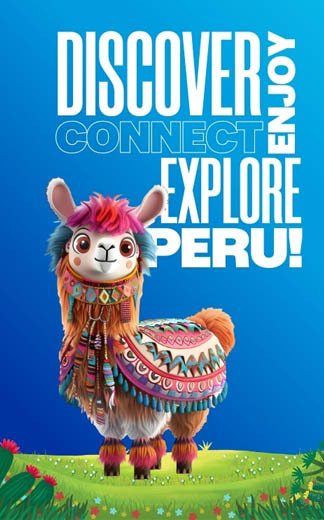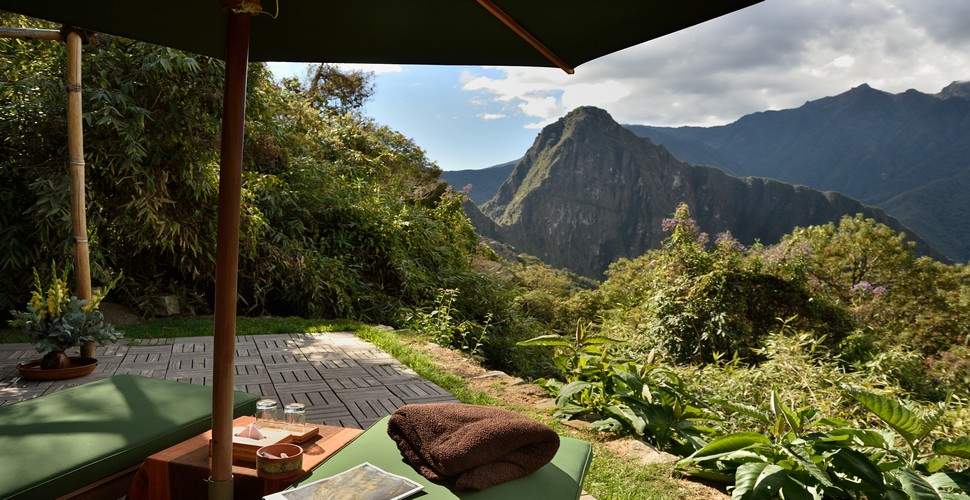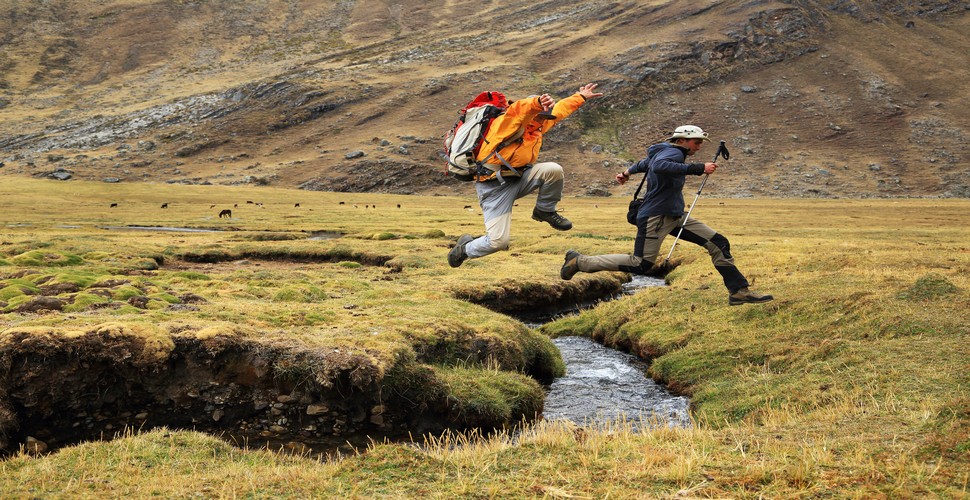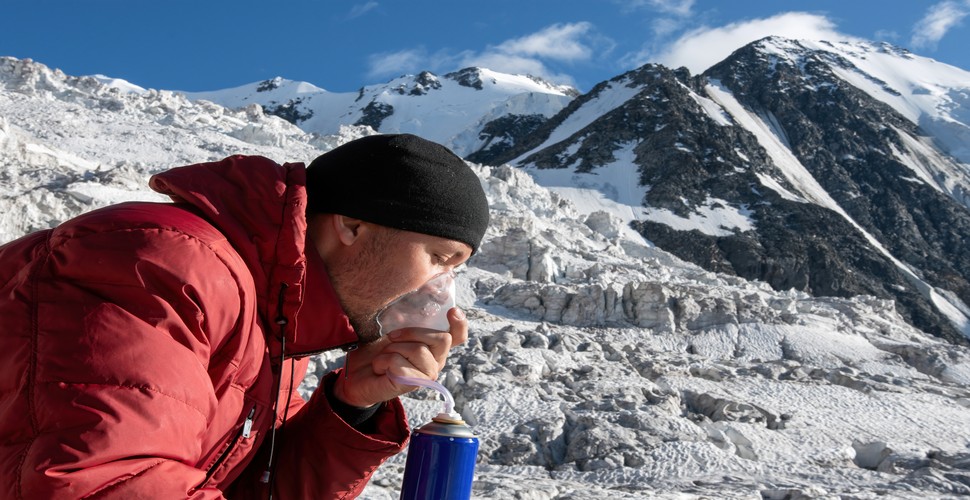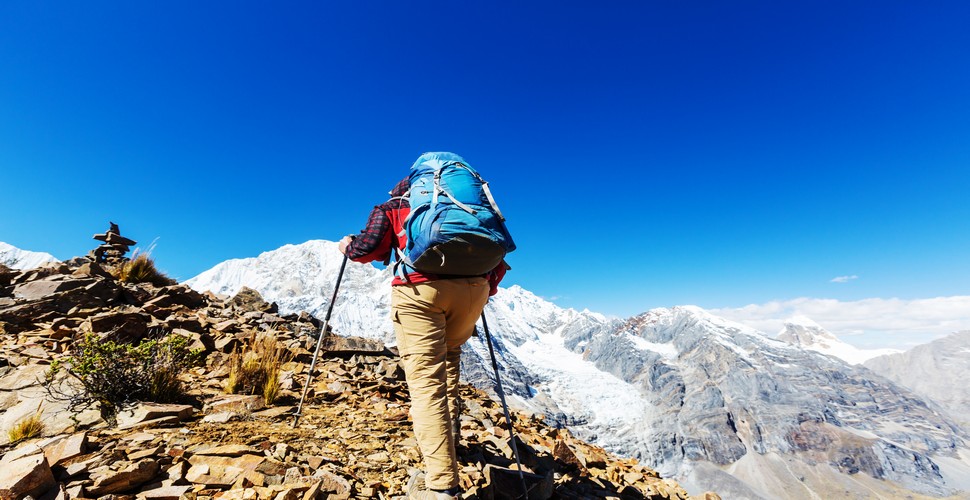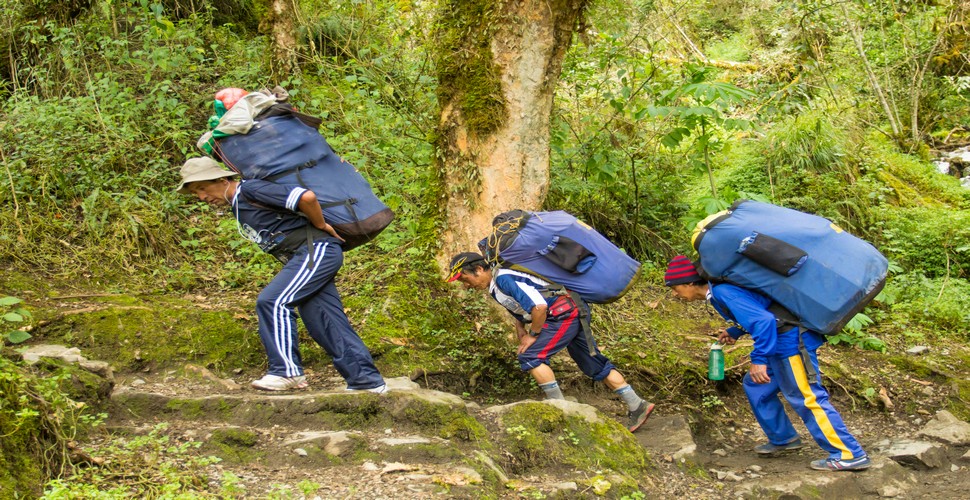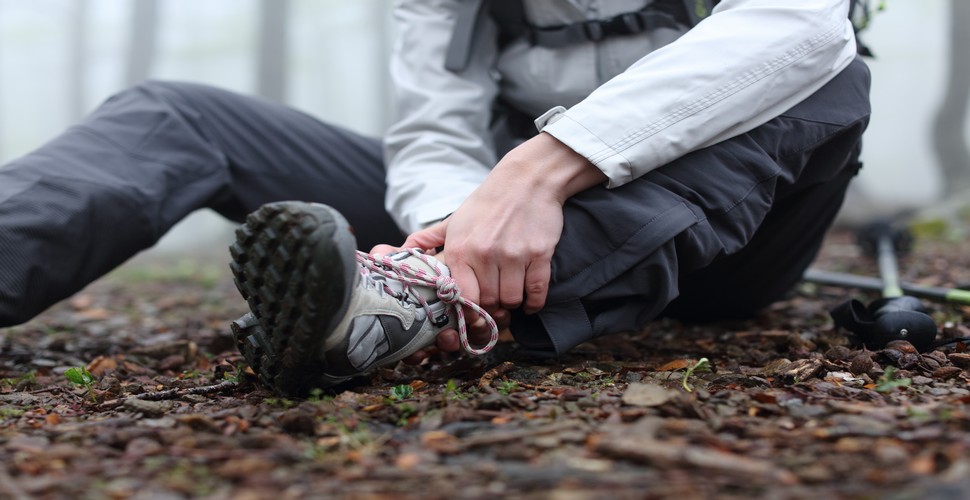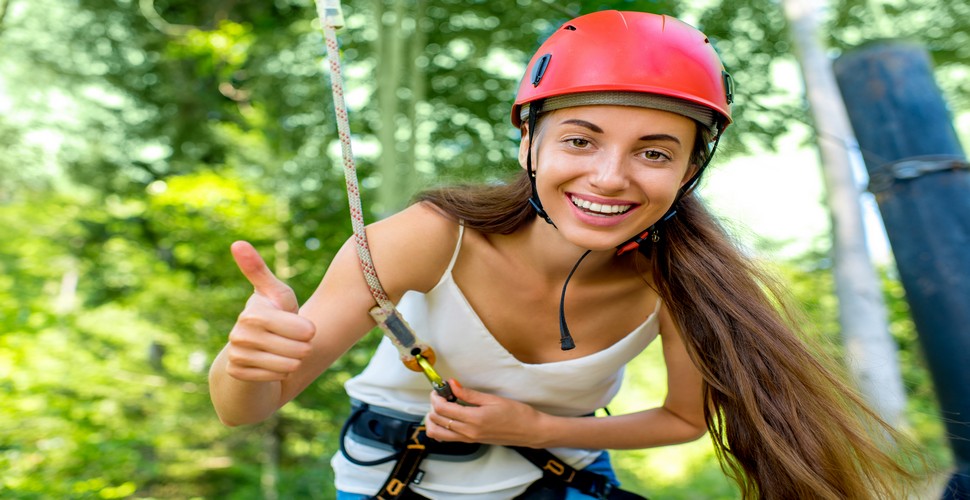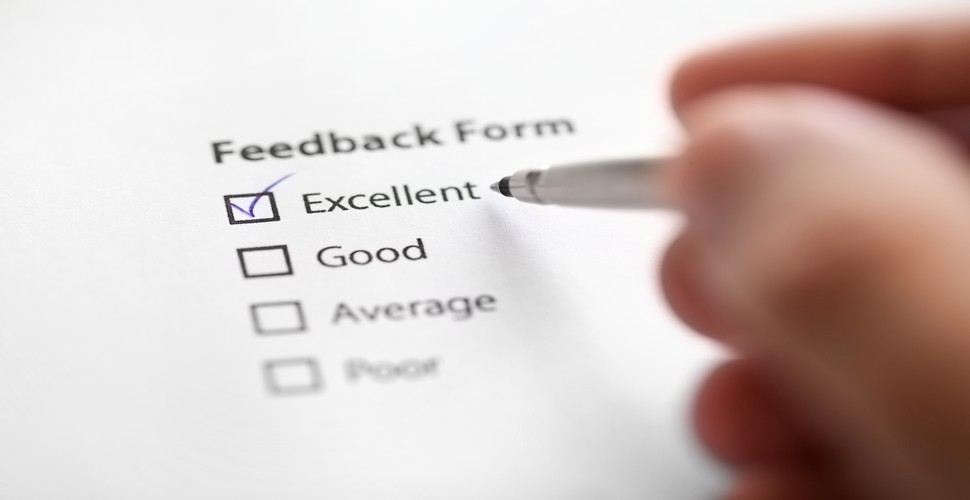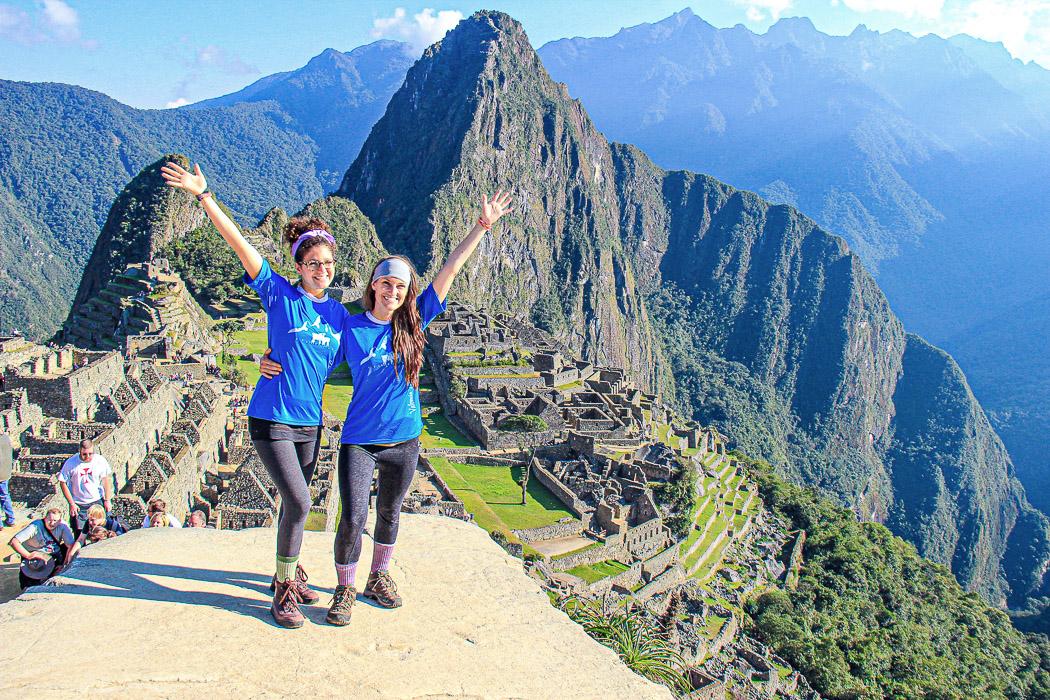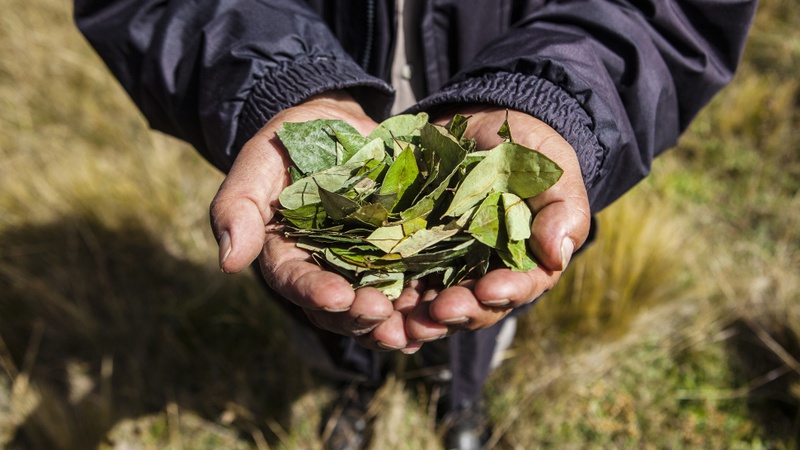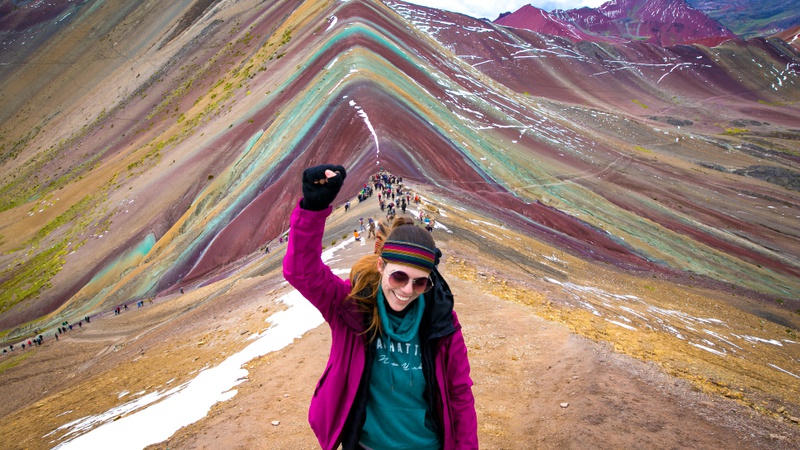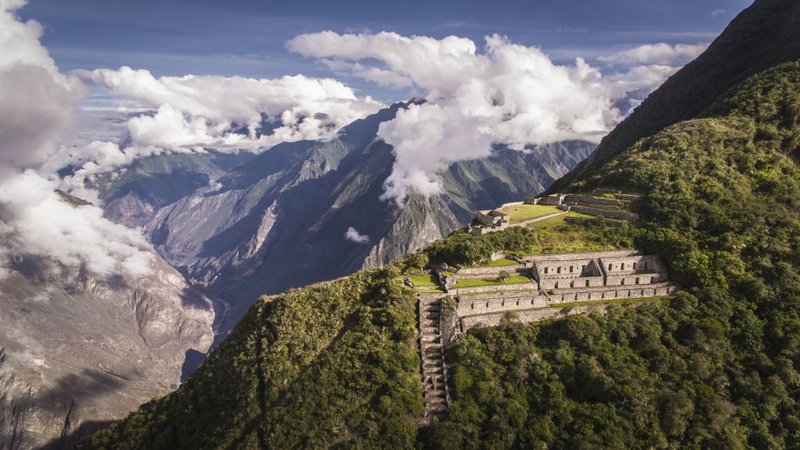

Claire Dean
Travel in South America is a joy to behold. The rich variety of destinations, experiences, landscapes and geography fascinated me so much, that I chose to relocate here, over 20 years ago! The best thing I ever did! Allow me to share my knowledge and passion for Central and South America with you and help you plan your holiday of a lifetime!

FAQs about Adventure Activities
Written by:Claire Dean
Last Update: 2025-01-07
We have compiled a list of the most frequently asked questions for our adventure tours in Peru, to help you know what to expect.
Rafting on The Apurimac River
How do I get there?
All international flights into Peru, come in via Lima with connections to all major cities in the country. Some flights out of the USA and Europe arrive late in the evening after the last flight to Cusco. In these cases, an overnight stay in Lima is necessary before heading to Cusco. Your Travel Advisor at Valencia Travel will be happy to help with any hotel reservations. There are 3 airlines that fly round-trip between Lima and Cusco: LATAM Airlines, Avianca Airlines and Star Peru. All offer similar schedules with LATAM having the most options. but we usually recommend either LATAM who are generally the most helpful when flight cancellations or delays occur. We can also assist you in choosing the best flight options for your trip.
Can you help me to book my hotel?
Of Course! We always suggest our clients spend a few days acclimatising in Cusco to explore this magnificent city, before you head out on your adventure. Depending on availability, we would be happy to book a hotel for you in the category of your choice. We also recommend spending an extra night at Machu Picchu for fuller experience of this impressive archaeological site.
Sanctuary Lodge Hotel at Machu Picchu
Can I add other activities to my trip?
Valencia Travel can also help you plan other excursions that you might like to experience during your time in Peru. We offer a number of options to some of Peru’s other notable destinations: Lima, Arequipa, Nazca, Lake Titicaca, the Amazon and of course, near Cusco and The Sacred Valley. Please let us know if you would like to add extra services and we can build them into your trip.
Do I need travel insurance?
All clients will need comprehensive travel insurance, including specific coverage for adventure travel activities in Peru and COVID-related cover. Companies such as World Nomads have a good reputation for travel in the region.
How do I physically prepare for this trip?
Pre-trip preparation should include challenging cardiovascular exercise such as jogging, aerobics, cross-trainer, cycling, regular hikes on varied terrain, as well as a healthy, balanced diet. Comfortable hiking boots and additional acclimatization nights in Cusco or the Sacred Valley before the trek are essential, the more the better but a 2 day minimum is highly recommended. Our hikes are carefully tailored so that you can hike at your own pace and take breaks whenever needed to ensure a successful and enjoyable trek for all. Pre-trip fitness, well-worn hiking shoes, and extra acclimatization nights in Cusco before the trip are the best recommendations for any hike in The Andes.
Day Trek Preparation
What will the weather be like?
The weather in Cusco is defined by two seasons - The wet/rainy season and the dry season. The wet season runs from November through March, with average temperatures of approximately 13.3°C (56°F). Occasional showers are expected throughout this period, with the heaviest rains occurring in January and February. Dry season is normally from May through October, during which time you can expect mostly sunny days followed by chilly evenings and the possibility of morning frost. The average daytime temperature around this time is 12°C (56°F). July is usually the coldest month of the year and on some treks, it will reach a night-time temperature of below zero 0°C (32 ° F). In the Anden region, expect the unexpected with very variable weather conditions. Rain can occur in the middle of July just as the sun may appear in January, so it is always important to be prepared for all weather conditions.
How can I avoid altitude sickness during my trip?
Altitude sickness is most common at elevations above 2000m and results from the body adjusting to a reduced amount of oxygen. This is why we recommend spending two nights in Cusco prior to the start of your adventure activity. It is always important to drink plenty of water at altitude, also and coca tea/chewing coca leaves, has been used for thousands of years to combat altitude symptoms. In the case of extreme altitude sickness, both oxygen and hyperbaric chambers are available in Cusco and your guide always carries an oxygen tank o the treks.
Oxygen on the Mountain
How much luggage can I take?
Once you have booked your Valencia Travel adventure, you will receive a packing list that outlines the items that you will need for the trip. We recommend packing your belongings in a mid-sized soft duffle bag, which we will provide. You will only need to bring a day-pack on the the hikes and your duffel bag will be carried by mules or porters, depending on the trek. Please be aware that the train to Machu Picchu imposes a baggage weight limit of 8kg/18lbs per person. if you think that your luggage will exceed this weight, please let us know at the pre-trek briefing, where you can hire additional porters/ mules. Your main luggage e can be stored safely at your Cusco hotel or in our office for when you return from the trek.
Is the electricity the same as where I’m traveling from?
Peru operates with an electrical current of 220V, if this is different from your home country, then an adapter is highly recommended for your electrical items.
What type of terrain should I expect?
The Andes are the second highest mountain range on the planet, second only to the Himalayas, averaging at 5,800m 19,000’ ft. The rugged Andean landscape is comprised of dramatic mountain ranges separated by deep canyons and green valleys. The eastern slopes of the Andes are covered with cloud forests which receive abundant rainfall as they head into the Amazon Basin. All of the trekking trails are well-maintained and safe. Adventurers can expect to cross sections of original Inca Trails in addition to newer paths that may sometimes include steep, rocky, or even muddy terrain. Be prepared for varied ecosystems almost every day.
Peru´s Varied Terrain
Will Valencia Travel provide ground transportation during my trip?
Valencia Travel has its own fleet of vehicles for transportation and is included in the cost of your trek. We have comfortable passenger vans, with professional drivers who are well acquainted with each route. You will be picked up and returned to your Cusco hotel at the beginning and end of any trekking adventure. The same vehicle and driver will stay with each group for your entire journey.
What should I know about Peruvian currency?
The official currency of Peru is the “Nuevo Sol", although US Dollars are also widely accepted. If you are carrying USD, be sure to bring crisp, new US bills since torn or defaced currency will not be accepted locally. ATM machines dispense both US Dollars and Nuevo Soles are readily available in the city of Cusco. Credit cards are generally accepted only in the more upscale restaurants and shops in Cusco and the Sacred Valley. Note: VISA is most widely accepted, followed by MasterCard. American Express is accepted in very few places.
During your trip, you will only need to carry a small amount of cash for souvenirs, minor personal expenses and tips. We recommend taking Nuevo Soles in small denominations for purchases along the route. Optional tips for trip leaders, assistant guides, and any other staff can be given in either currency.
Are tips included?
Tips for guides, porters, muleteers and field staff are not included. Please tip according to your enjoyment of the trip and tips are by no means, obligatory.
Porters on The Inca Trail
Will I have access to phone and email communication during the trip?
A lot of the treks are off-grid with no telephone signal. The guide will carry an emergency satellite phone when on the remote trekking routes for emergencies. We highly recommend disconnecting from your daily routine for an even better opportunity to recharge during your time with us in the Peruvian highlands and once we reach Cusco again there is always time to re-connect to the “real life” 😊
What kind of emergency procedures do you have in place?
Valencia Travel follows a detailed protocol in the event of a medical emergency. Every guide has completed First Aid certification and carries a comprehensive first aid kit, portable oxygen, and communication radio on the trail at all times. Your pre-trip information packet will include an emergency contact number in the event that family or friends at home need to reach you.
Twisted Ankle
Post Trip
Keep up to date with Valencia Travel via our Social Media
Zipline
Feedback
We are sure you have already told friends and family about your incredible Peru tour package. Please take a moment to help us know more about the highlights of your journey, about your companions and guides, and anything else that made your journey unique. Your guide will provide a feedback form after the trip to complete on TRIPADVISOR and we will write to you to find out more about your trip. This is how we continue to improve our already excellent service. 😊
Feedback Form
If you cannot find your question here, please ask us directly at Valencia Travel.
Happy Travels!
